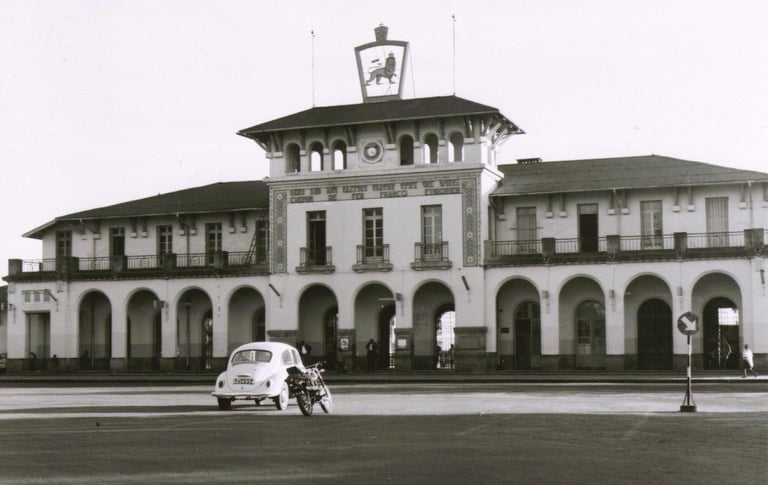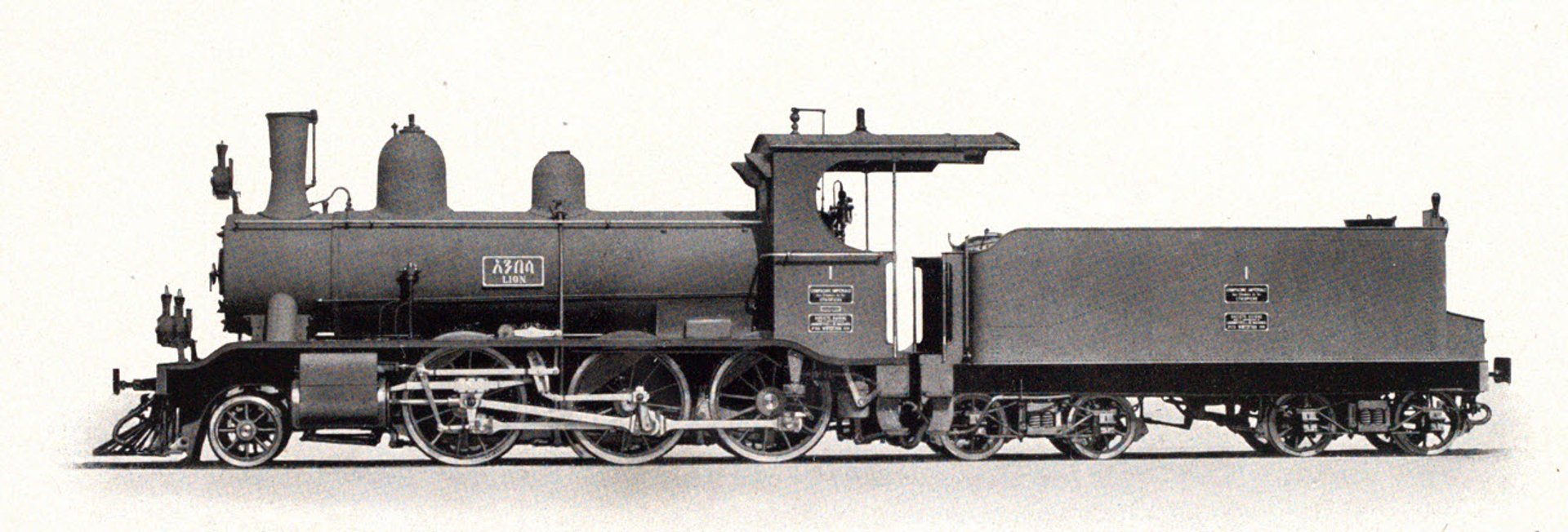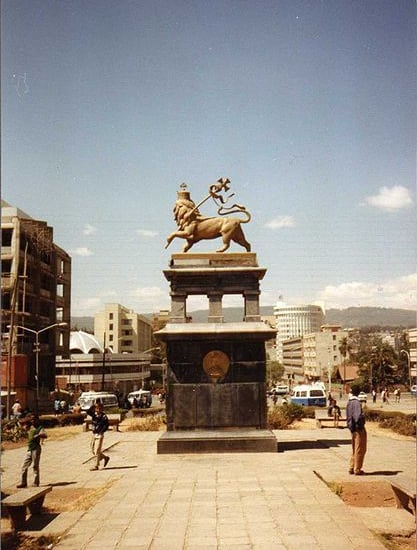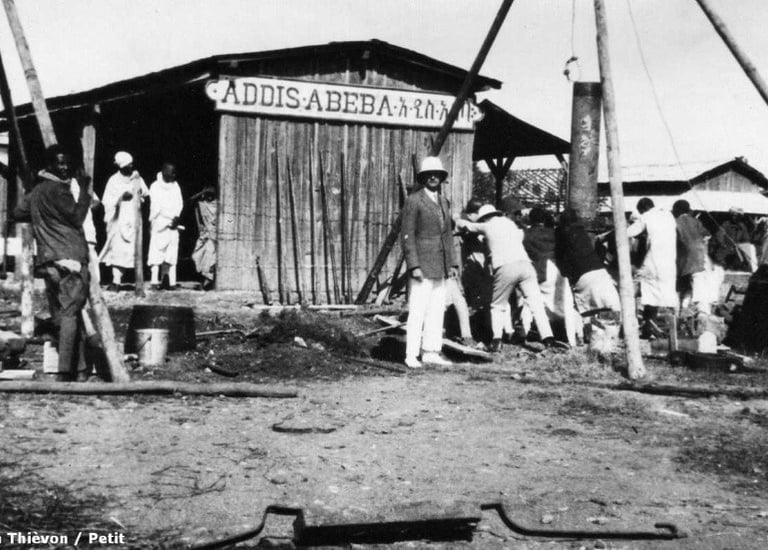
ADDIS ABABA
THE NEW FLOWER OF AFRICA
Addis Ababa, founded in the 19th century by Emperor Menelik II, grew from a military camp into Ethiopia's capital. The city's development was significantly shaped by Menelik II's expansionist policies and the arrival of the railway. As the nation's capital, Addis Ababa became a melting pot, drawing people from diverse ethnic backgrounds, including the Amhara, Oromo, and Tigray, thus creating a rich cultural tapestry. This diversity is a reflection of Ethiopia's broader national identity. Addis Ababa's importance extends beyond Ethiopia, as it hosts the headquarters of the African Union (AU) and the United Nations Economic Commission for Africa (UNECA). These organizations make the city a vital center for African political, diplomatic, and economic affairs, solidifying its role as a key player on the continent.


The railway's development was intrinsically linked to Addis Ababa, serving as a crucial artery for its growth and connectivity. Emperor Menelik II's vision included connecting the capital to a port, which led to the initial construction phases, though not without challenges and route changes. The eventual completion of the line to Addis Ababa in 1917 marked a significant turning point, facilitating trade and solidifying the city's role as a major economic and political center. The railway, transitioning from the older meter-gauge line to the modern standard-gauge Addis Ababa-Djibouti Railway, continues to be vital for the city's access to international trade routes and contributes to Ethiopia's overall development.



Explore the rich history of the iconic train connecting Ethiopia and Djibouti through time.
www.trainfrancoethiopien.com offers an engaging and unique overview of the Franco-Ethiopian Railway, highlighting its historical significance, scenic routes, and cultural experiences that travelers can enjoy.
www.trainfrancoethiopien.com is a unique and valuable resource for those interested in history
LEGAL DISCLAIMER
You find on this website photographs and images from www.trainfrancoethiopien.com, which are the exclusive property of their respective authors. Users are welcome to copy these materials for personal use only; however, any reproduction for commercial purposes or use on other sites requires explicit prior permission from the authors. To obtain the necessary permissions, please reach out to the authors at jpcrozet@trainfrancoethiopien.com.
We also want to extend our gratitude to all contributors for their invaluable assistance and gracious participation. Thank you for respecting the intellectual property rights associated with this content.
Ethiopian comic books and artwork for diverse audiences.
COntact US
+1234567890







